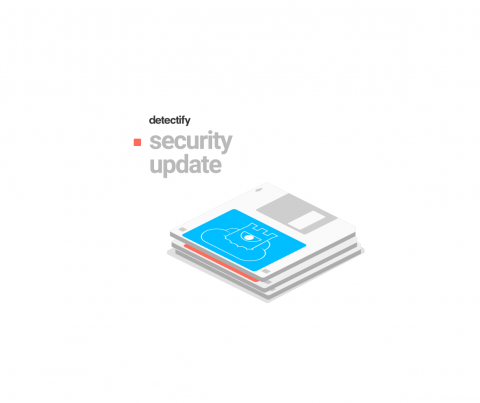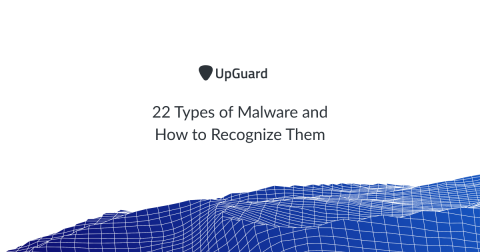vBulletin RCE CVE-2019-16759 exploited in the wild, to Detectify
Detectify now has a built-in detection for vBulletin RCE CVE-2019-16759, thanks to a report from our Crowdsource community. Last week, a proof-of-concept exploit for a Remote Code Execution (RCE) vulnerability for vBulletin forum software CVE 2019-16759 was disclosed publicly. The vulnerability was exploited in the wild and actively being exploited by malicious attackers.










